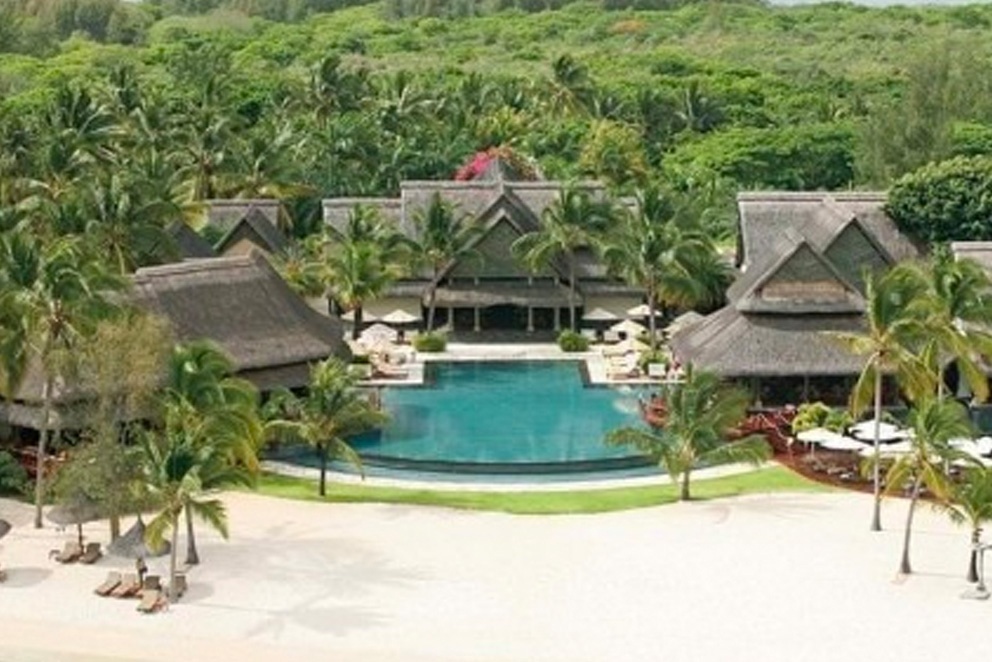TOURISM
Tourism in Madagascar is underdeveloped, despite its high tourism potential. The beaches and biodiversity of Madagascar comprise tourist attractions. The endemic wildlife and forests of the island are unique places of tourism. However, it is favourite among returning travellers to historical sites, artisan communities, and relaxed cities. For about 165 million years, Madagascar has been isolated from the African countryside and, since then, its flora and fauna have developed separately. The island has a worldwide reputation as a tourist and ecotourism destination with a focus on lemurs, birds, orchids, and is one of the world's most diverse biological areas. Over half of the birds of the island are endemic. The red-bellied lemur, aye-aye, and indri are other native species (the largest lemur species). The country as a tourist destination is becoming more and more concerned. The country has lovely landscapes and cultural resources for tourism development. These resources offer numerous opportunities for ecotourism and tourism in the resort. As an economic development strategy, Madagascar's government has encouraged tourism. Tourism is seen to reduce poverty and provide economic growth in more than 70 percent of the country living in poverty. Today, tourism is the second largest foreign exchange earner in the country, which the government hopes to increase. In the early stages of development, the tourist industry still has a strong prospect of growing as the infrastructure of Madagascar improves. The Ministry of Tourism of Madagascar and the National Office of Tourism in Madagascar are some of the main players helping the development of tourism in Madagascar. In addition to the two main players in tourism, regional offices have been ranked as part of the tourism development of each of their localities in the country's cities.











